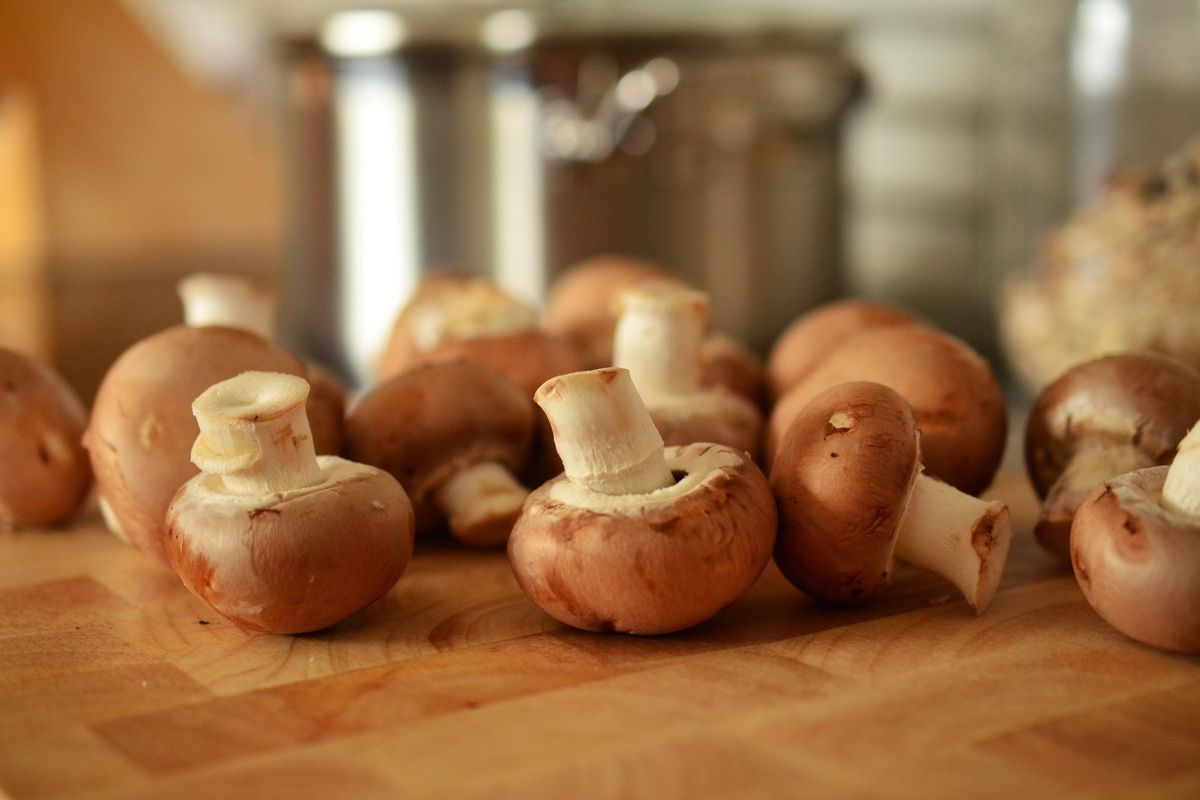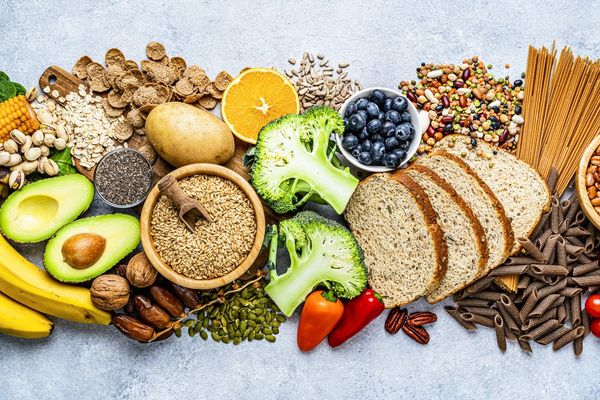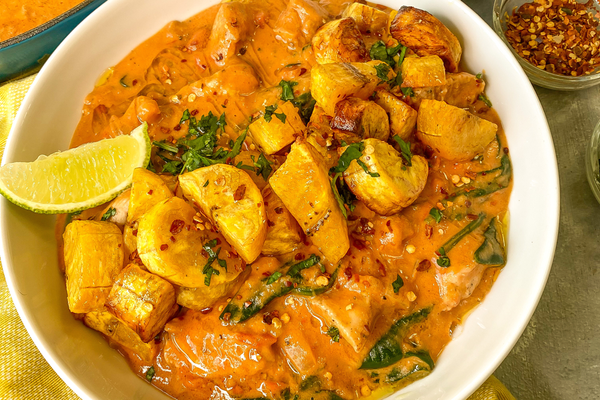Many years ago, after I was diagnosed with breast cancer, I visited an herbalist. At the time—this was more than 20 years ago—herbs were something I thought of as growing in your garden and being used to enhance the flavor of foods, not something you ingested in liquid, capsule or pill form.
But this herbalist was extremely well-respected, knowledgeable and progressive, and I was anxious for advice to keep myself healthy.
Among the recommendations he made was something that seemed quite odd: a capsule containing Reishi mushroom extract.
I'd never heard of mushrooms for health. The only mushrooms I'd eaten were the mainstream white button mushrooms found on supermarket shelves. And, I ate them quite hesitantly, associating them with the word fungi—not very appetizing, when you think about it.
Turns out he was definitely onto something. The National Institutes of Health thinks so, too. It funded a $2.1 million dollar study of breast cancer patients who added a mushroom supplement to their conventional therapies (especially radiation therapies). Since mushrooms have properties that are anti-inflammatory, antibacterial, antiviral and immune enhancing, they were tested to see if they could help patients whose immune systems were negatively affected by their treatments. Turns out they did: The group that took the capsules showed an increase in natural killer cells.
The word is out. Mushrooms are high in vitamins C and D and potassium.
A recent article on www.mercola.com says:
"Mushrooms contain some of the most potent natural medicines on the planet. Of the 140,000 species of mushroom-forming fungi, science is familiar with only 10 percent, according to world-renown mycologist Paul Stamets, who has written six books on the topic.
"About 100 species of mushrooms are being studied for their health-promoting benefits. Of those hundred, about a half dozen really stand out for their ability to deliver a tremendous boost to your immune system."
READ MORE: 10 Sneaky Ways to Get More Fruits and Veggies in Your Diet
What can mushrooms do?
- Mushrooms can help manage your weight. In a study of obese people, those who substituted white button mushrooms for red meat lost an average of 3.6 percent of their starting weight (about seven pounds). Not only that, but their body composition was improved—they lowered their waist circumference—and they were able to maintain their weight loss better than the control group.
- Mushrooms can increase vitamin D levels. Vitamin D is an important vitamin that's difficult to obtain through eating food. Dried white button mushroom extract was found to be as effective as taking supplements of vitamin D2 or D3.
- Mushrooms can enhance your immune system function. Mushrooms' properties can protect against viruses and bacteria. One study found that adding one or two servings of dried shitake mushrooms had a beneficial effect on the function of the immune system; another study on mice found that white mushrooms enhanced immunity against salmonella. Interesting fact: popular and potent antibiotics like penicillin, streptomycin and tetracycline all come from fungal extracts.
Mushrooms come in many varieties
As maturing taste buds will have it, over the years I've developed a love for the flavor of mushrooms and eat them whenever I have an opportunity. They're one of my favorite foods! I grill them, sauté them, cut them into my salads and even make sandwiches out of them. And I've discovered that mushrooms come in wonderful shapes, sizes and varieties, including:
- Chanterelle
- Maitake (or "hen of the woods")
- Oyster
- Porcini
- Portobello
- Shiitake
Although white button mushrooms do have some health-boosting properties, the biggest bang for your buck comes from the Asian varieties, such as shiitake and maitake.
Here's a recipe for Mushroom Quinoa Risotto from HealthyWomen.
Click here for more mushroom recipes.







